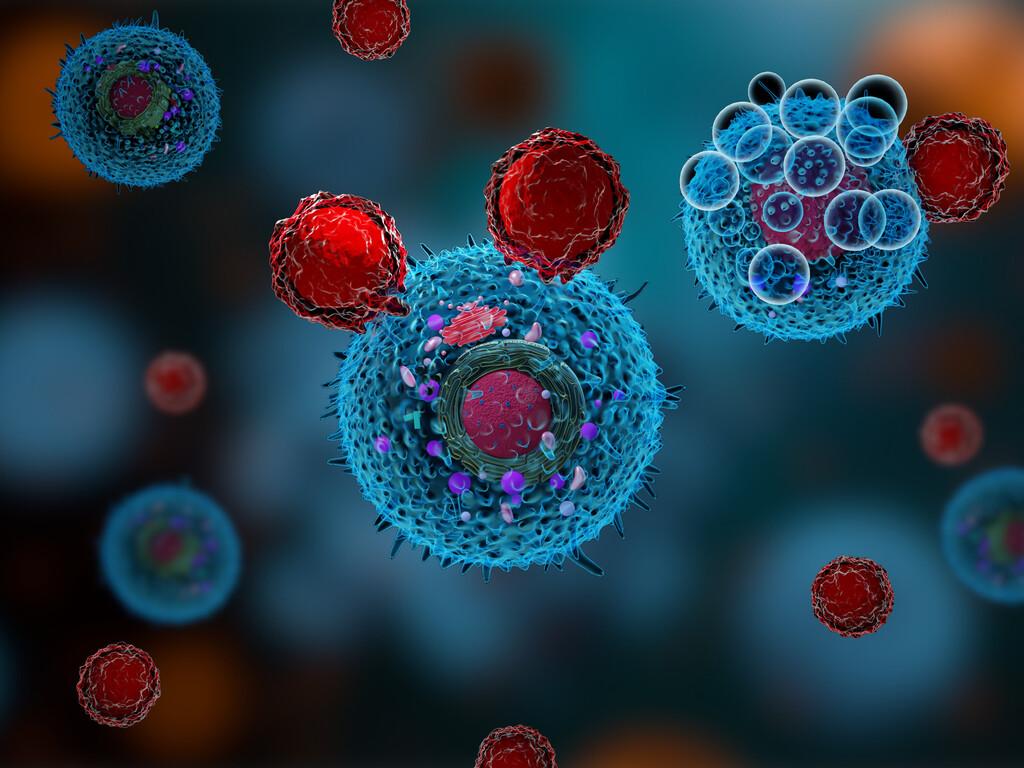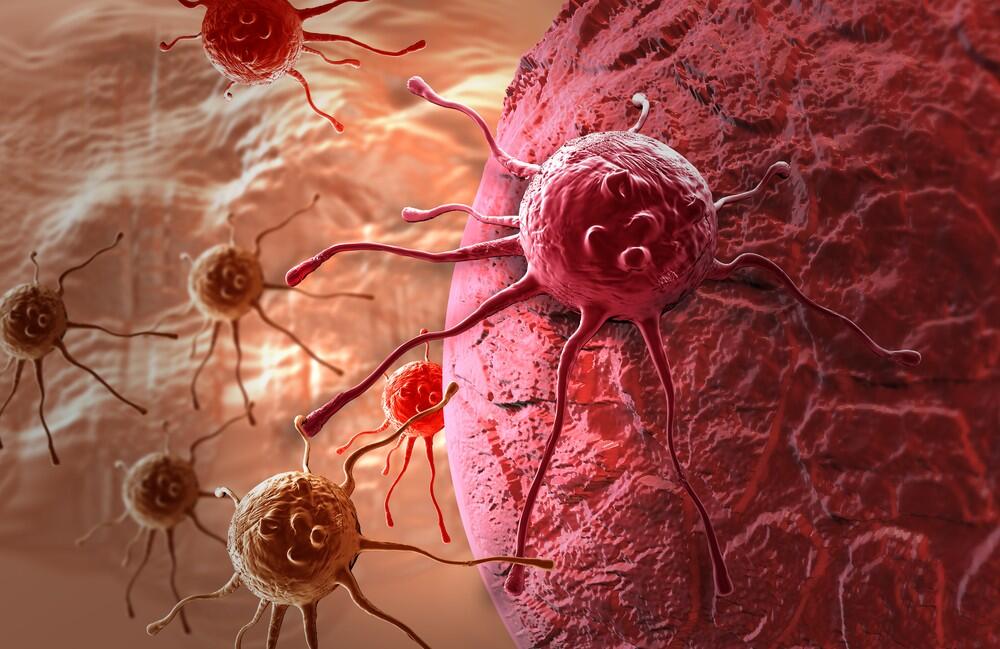Researchers from an Israeli university said they developed a new molecular method to treat hematologic cancers.
The method was developed by Professor Mira Barda-Saad and her research team at Bar-Ilan University's Mina and Everard Goodman Faculty of Life Sciences.
The new method involves attacking the cytoskeleton protein, called WASp, which has a unique structural condition in active hematological cancer cells, without damaging healthy ones.
The Bar-Ilan team focused on the destruction of WASp in malignant cells and demonstrated that degradation of WASp helps to destroy them. Their research was recently published in the scientific journal "Nature Communications".
To date, the involvement of WASp in cancer has not been fully understood, but it is known to be found in cells in a unique "open" structure that allows it to be identified and manipulated.
In order to damage the cytoskeleton of the malignant cell, the research team screened to identify SMCs (small molecule compounds) that degrade the WASp compound in its "open" structural state.
Using a device developed by Professor Yanai Ofran, also from Bar-Ilan, small molecules were identified in Professor Barda-Saad's lab that actually damages cancer cells without posing many risks to healthy cells.
The study, which has been underway since 2015 with funding from the Israel Innovation Authority, could provide an answer to types of hematological cancers for which no treatment has yet been found.
"The process is long and tedious because it requires a deep understanding of how cells work and how cancer cells differ from normal cells. In this research, we have used the vast knowledge we have gained to design a strategy that can be put into practice," said Prof. Barda-Saad.



